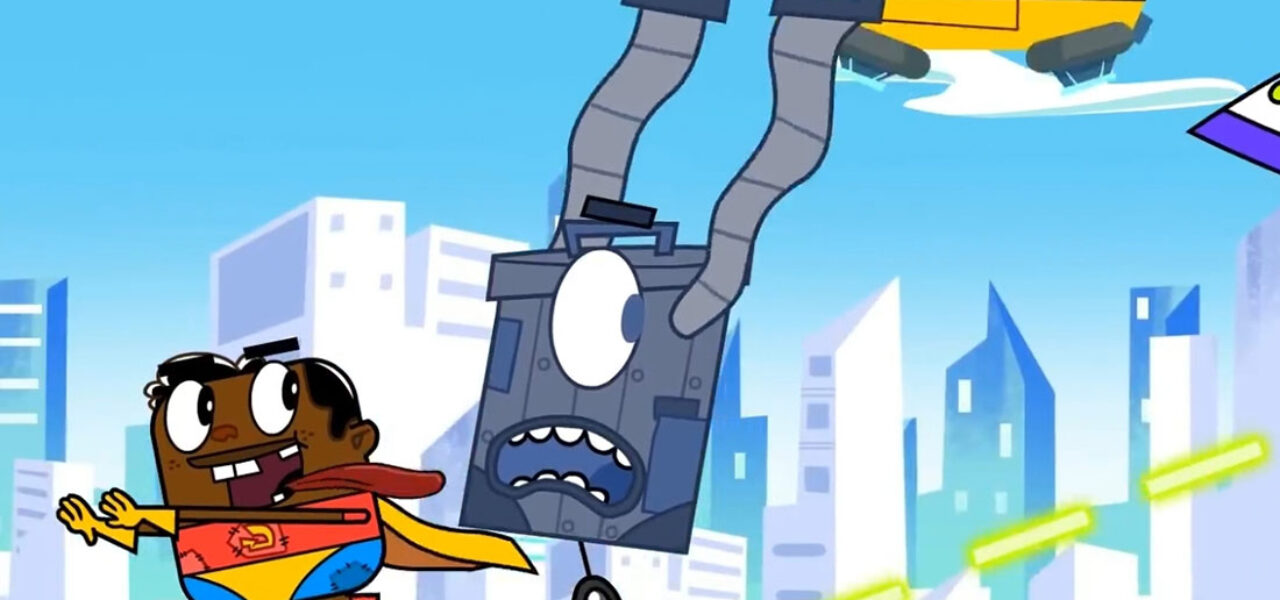

Most Industry Creators Don’t Own Their Shows Or Characters. Some Production Companies Are Trying To Change That
Earlier this month, the creators of South Park made headlines when they signed a deal with ViacomCBS worth $900 million. Behind that giant number is a key fact: Trey Parker and Matt Stone have retained a large stake in their property, owning 50% of all non-tv rights.
Coverage of the mega-deal often failed to convey just how unusual this arrangement is. Animation creators who pitch an idea to a production company or broadcaster can generally count themselves lucky if they walk away with a 10% stake, as a new report by Kidscreen explains.
But there are rumblings of change. Production companies in the kids’ animation sphere are increasingly trying out new models, in which the creator gets a bigger stake in what they create. Kidscreen has profiled a few of these. Here are a few key takeaways from the article:
Creators can form their own production company to retain control.
Ridwan Moshood teamed up with two partners to form South African studio Pure Garbage. The Nigerian artist owns 40% of the company, and he retains 40% of all works it produces — including Garbage Boy and Trash Can, which is being produced for Cartoon Network. (Note: Kidscreen doesn’t clarify how the network’s greenlight has affected ownership of the show.)
Mike de Seve, one of Moshood’s business partners, says: “[T]here’s a distasteful history of white guys milking the hell out of something that a really talented Black guy came up with, and I don’t want to be the next person to be remembered that way.”
A bigger stake can mean a bigger commitment.
Ireland’s Sow You gives its creators 30%–50% ownership of their properties, but in return, the creators have to remain involved throughout development and production (if the show gets that far). This leads to genuinely “creator-driven shows” — something the likes of Netflix and Cartoon Network say they want.
Crowdfunding can help creators retain ownership.
Angel Studios generates production budgets through its crowdfunding platform Angel Funding. The creator retains full ownership of their property, donors get a reward, and the studio makes money by distributing the show. Again, the creator is expected to remain closely involved with their project.
Signing away ownership may work for young creators.
So says Doug Schwalbe of The Co-Production Company, who sees the appeal for those starting out to give away their stake for $10–$15,000, in the interest of forging industry connections. But veterans shouldn’t be doing this.
Image at top: “Garbage Boy and Trash Can”

.png)